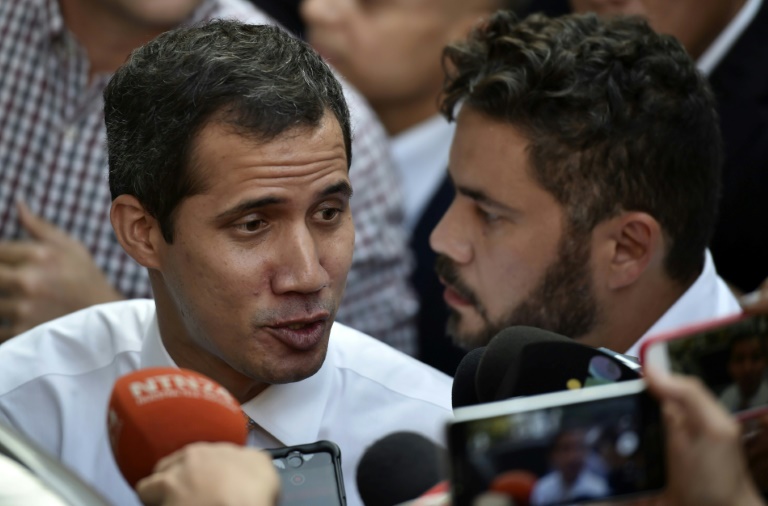Youth leaders on Monday unveiled their blueprint for the upcoming transitional period, calling on the Egyptian Armed Forces to sack the incumbent cabinet and guarantee the implementation of democratic reforms.
In a policy paper read out at a press conference on Monday, the “Coalition of Young Revolutionaries” called on the military to form a new interim government of technocrats within one month. This cabinet should be headed by “a patriotic civil personality that the people respect and trust.”
“We ask the armed forces to settle this issue out as soon as possible and dismiss all ministers who belong to the National Democratic Party (NDP),” youth representative Shady Harb told reporters.
In a move to contain public outrage that erupted on 25 January, then President Hosni Mubarak sacked his cabinet, expelling businessmen long seen as the vehicles of unpopular neo-liberal economic reforms, along with then Interior Minister Habib al-Adly, who is being blamed for the death of at least 300 people during the uprising.
But this cabinet fell short of convincing the revolutionaries that genuine change has been introduced, especially after the president reappointed several notorious NDP stalwarts, including Mufid Shehab, state minister for legal and parliamentary affairs, and Sameh Fahmi, minister of petroleum.
“It is impossible for a cabinet whose corrupt acts provoked this revolution to oversee the transitional period,” said Ziad al-Eleimy, another coalition spokesperson.
The armed forces issued a statement on Sunday ordering the Mubarak-appointed cabinet to remain in office until a new one is formed, without giving a dateline. The same statement also announced the suspension of the constitution during the transitional period, the formation of a commission to introduce a set of constitutional amendments and the dissolution of Egypt’s bicameral parliament.
The statement affirmed that the military would be in charge of running the country during the transitional phase until a new parliament and president could be elected.
Youth leaders who championed the revolution that ousted Mubarak last week also called upon the armed forces to guarantee that the new parliament would formulate a new constitution that would establish a parliamentary republic, put curbs on the president’s authority, and set a clear separation of power between the government’s three branches.
In 1971, Egypt’s current constitution was passed by late president Anwar Sadat. For decades, this constitution was criticized for flagrant imbalances of power and the unlimited powers it granted to the president at the expense of the parliament and the judicial branch.
Young cadres are expected to convey their views on the current state of affairs to the armed forces in a series of closed meetings. They say they had their first talks with the military on Sunday and were expected to attend a new session of discussions on Wednesday.
“What happened [on Sunday] was a preliminary meeting; we have not started the negotiations yet,” said Harb. “It was a positive meeting. They told us, ‘you can call us anytime and schedule a meeting’.”
Later this week, the coalition is expected to raise a plethora of other demands listed in their policy paper, including the lifting of Egypt’s longstanding state of emergency; the abolition of martial laws and exeptional courts; dismantling of the NDP and the confiscation of all its assets by the state; respecting the right to form associations, unions and media outlets; dissolving the oppressive State Security Apparatus; and releasing all political prisoners.
The policy paper also calls for the abrogation of the restrictive law regulating the formation of political parties within ten days, and the drafting of a new law for the exercise of political rights within one month.
To enhance the political participation of young people–who constitute over 50 percent of Egypt’s population–the coalition has asked for lowering the eligibility age for parliamentary candidacy from 30 to 25, and for presidential candidacy from 40 to 35.
Since the 1952 military coup, Egypt had crumbled under an arsenal of oppressive laws that served to hinder political participation and concentrate power in the hands of the president’s ruling party.
“We still have a lot of other steps to take in order to fulfill the objectives of the revolution,” read an earlier statement by coalition representatives.
The coalition has also called on the military to guarantee the enforcement of controversial court rulings that the Mubarak regime had ignored, including one ruling to expel university police guards and another to halt gas exports to Israel.




